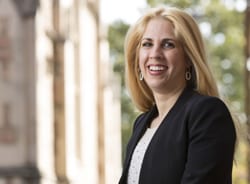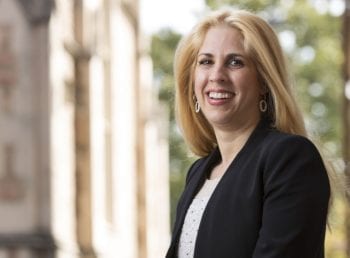Israel’s parliament has passed a law funding long-term savings accounts for all newborns, based on a proposal developed by Michal Grinstein-Weiss, associate director of the Center for Social Development, and on research efforts led by Michael Sherraden, director of CSD.
Israel adopts savings accounts for children based on CSD recommendation









